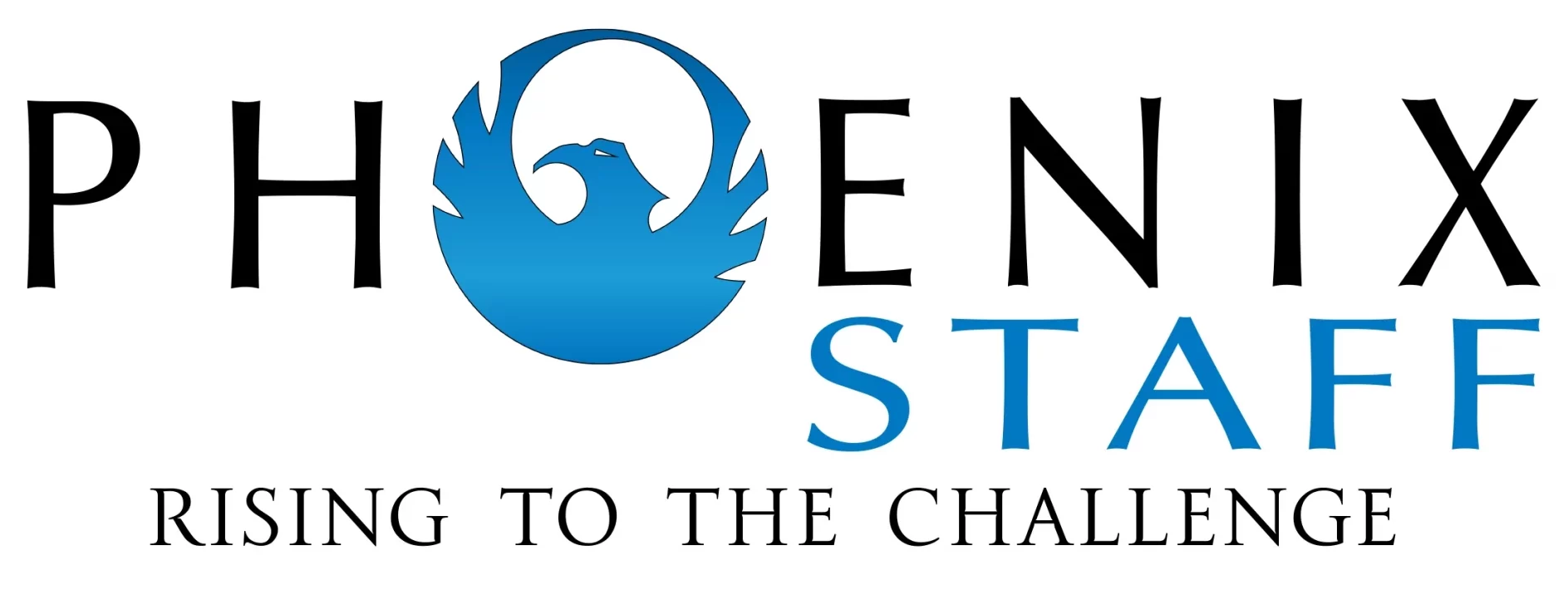One of the best ways to stand out as a job applicant is to interview well. It is important that you have intentional, meaningful answers to standard questions you’ll be asked at every job interview by every hiring committee member. A strong answer delivered with confidence is sure to leave an impact on the people who are looking to hire you.
Let’s go over how you should approach these questions so you are prepared with solid answers. You’re likely to be asked each of these questions multiple times for the same role because they are foundational for each person who interviews you.
Your answer to this question is where you can show that you’ve done your research and are aligned with the position requirements. It’s not the time to talk about your needs, but about how you can meet the company’s needs starting on day one.
While researching the company and the job, take note of what you observe about their culture. If the company has a serious and professional tone, then have a serious and professional answer that aligns with that culture. You can get to know a company’s culture by looking through their public communication channels, like their website, their social media accounts, their LinkedIn presence, and any contributions they may make to their industry.
Let’s say the company has grown a lot through acquisition of other companies. You can frame your desire to work there through that lens. For example, “It’s clear you have a history of organic growth and you actively seek out companies to acquire. This means you’re experts at integrating company cultures, technologies, and people. I have a sincere interest in growth, learning, and integration as well.” You can then share whatever positive experiences and learning moments you may have had through acquisition and growth-related changes in your career. Or, if you haven’t had much experience, you can share your excitement to learn through that type of employment.
Focus on making yourself sound like a perfect fit for the company. If they’re light-hearted and goofy, then show you have a sense of humor by remarking how much you enjoyed some aspect of their culture you observed. If they’re focused on social awareness or inequality issues, then share your passion and any related volunteer or work experience you have that aligns with their concerns. You want the interview committee to leave the room saying, “It’d be a no-brainer to make this hire.”
When an interviewer asks, “Why do you want to work here?” they’re not really asking, “Why do you want to work here?” It’s not a personal question. They aren’t asking whether you need a paycheck or better insurance or more flexibility in your work-life balance. They don’t want to hear why you dislike your current or previous role. What they’re actually asking is: “If we hired you, how would you fit in and make us better at what we’re trying to accomplish?”
This is not the time to start with “That’s a great question.” First, it makes you sound surprised, like you didn’t think it would be asked. Second, it sounds pandering, because this is one of the most common and important interview questions ever.
This question could be asked under the guise of something else, like “What things did your last manager ask you to improve?” If you’d like to strengthen how you discuss your weaknesses, check out this article. Make sure to demonstrate self awareness, but also don’t pick something like “I’m not great at the little details” if the job description says they’re seeking someone “detail oriented.”
Don’t get too caught up in the cliche idea of showing that your “weaknesses are really your strengths.” Explain your weakness, and then explain how you’ve worked to combat it or stay aware of it.

